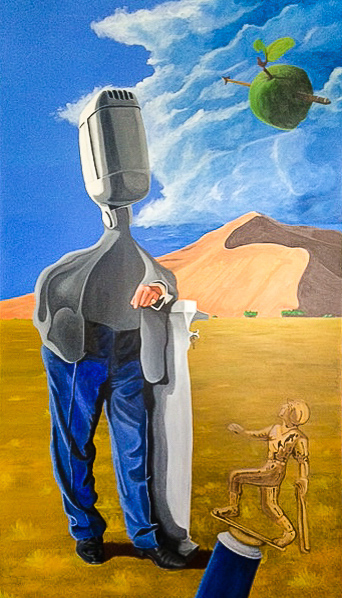Case Closed
Cancer Below The Belt was active until 2020. This website exists in its memory, to honor the contribution our partners have made to patients worldwide.

Overview
The bladder is a hollow organ in the pelvis with flexible, muscular walls. Its main function is to store urine before it leaves the body. Urine is made by the kidneys and is then carried to the bladder through tubes called ureters. When you urinate, the muscles in the bladder contract, and urine is forced out of the bladder through a tube called the urethra.
Bladder cancer begins when cells in the urinary bladder start to grow uncontrollably. As more cancer cells develop, they can form a tumor and spread to other areas of the body. (To learn more about how cancers start and spread, see What Is Cancer?)
Screening Info
Bladder cancer is often found because of signs or symptoms a person is having, or it might be found because of lab tests a person gets for another reason. If bladder cancer is suspected, exams and tests will be needed to confirm the diagnosis. If cancer is found, further tests will be done to help determine the extent ( stage) of the cancer.
Cancer Below The Belt was active until 2020. This website exists in its memory, to honor the contribution our partners have made to patients worldwide.